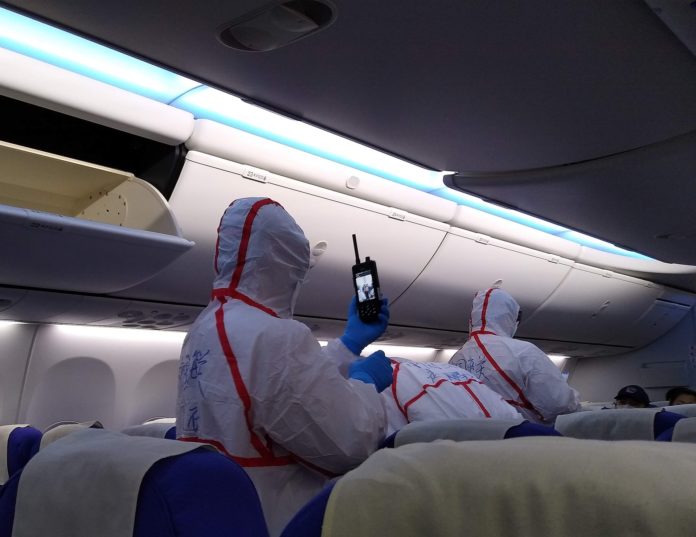Some think of them as a “quick fix” for getting out of coronavirus quarantine. But there’s still a lot we don’t know about Covid-19 immunity.
As President Trump made moves this week to open the economy back up, public health officials warned that there are still not enough coronavirus tests available to make that possible. They cautioned that American health infrastructure — from testing and treating to contact tracing and monitoring those in self-quarantine — needs to be firmly established before gently easing restrictions.
One public health tool that could speed the return to normalcy is serological tests — blood tests that measure antibodies to the virus, in theory determining who may have developed immunity. The blood test has been called “the coronavirus test that might exempt you from social distancing,” “a potential game changer,” the “first step” or the “key” to getting back to normal. The question is whether we’re anywhere close to being able to produce reliable forms of these tests — and whether we even know enough about the virus and immunity in general to be able to draw broad conclusions from them.
Standard coronavirus tests check for active virus particles in the nose and throat, in effect determining who is currently sick and at risk of passing the virus to others. Through a quick, relatively simple finger-prick or blood draw, serological tests can identify people who have already mounted an immune response to the coronavirus — regardless of whether they became ill but have now recovered, or perhaps showed mild or no symptoms at all. These tests look for antibodies that the body creates, often after symptoms have eased — sometimes as long as two weeks after the infection…
To read the entire article from The New Republic, click https://newrepublic.com/article/157339/hard-truth-antibody-tests


